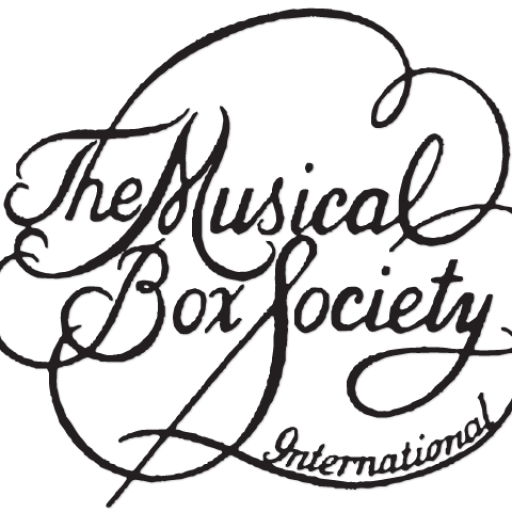Mainly American usage to designate a band organ with exposed brass pipes on the front, although in the 1920s Wurlitzer used the military adjective to designate certain band organs without brass pipes. * Synonyms: skating rink organ, trumpet organ (mainly used to describe early barrel-operated models).
mitered pipe
Pipe which has been mitered, or cut apart and reassembled, usually at a 90-degree angle, so that it will fit into a shorter space. As long as the interior or speaking length of the pipe remains the same, the pitch is unaffected by mitering.
mixture
In a pipe organ or band organ, two or more pipe ranks of the same basic tonal family (but of different pitch) which are sounded together by a single register. Usually used in the treble range to achieve a greater volume (to balance the powerful bass division). High treble mixtures add great brilliance to the tone, as in Bruder and Ruth fairground organs.
monkey organ
Portable hand-cranked barrel organ, especially one used by an organ grinder and played in the streets. Derivation: sometimes a monkey was kept on a leash and held a cup to receive donations.
expression
The varying of the volume or intensity of music. This is done by operating the controls of an instrument (e.g., the pedals of a piano), by opening and closing swell or crescendo shutters, by varying the suction level in a piano (low suction = soft music; high suction = louder music), by having pins of different length in a cylinder-operated instrument and by other means. An instrument is said to have "expression" if the musical performance can be varied in one of these ways. A music roll or music book may have expression cut in it to operate such controls automatically, or they may be operated by hand (as with the expression shutter of an organette).
